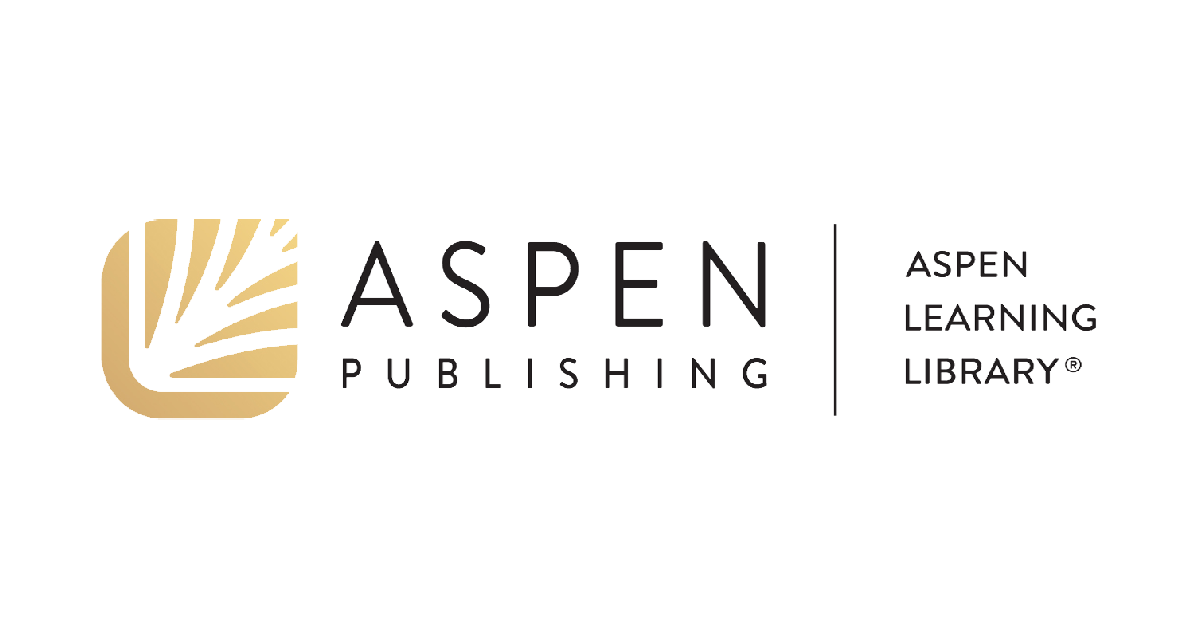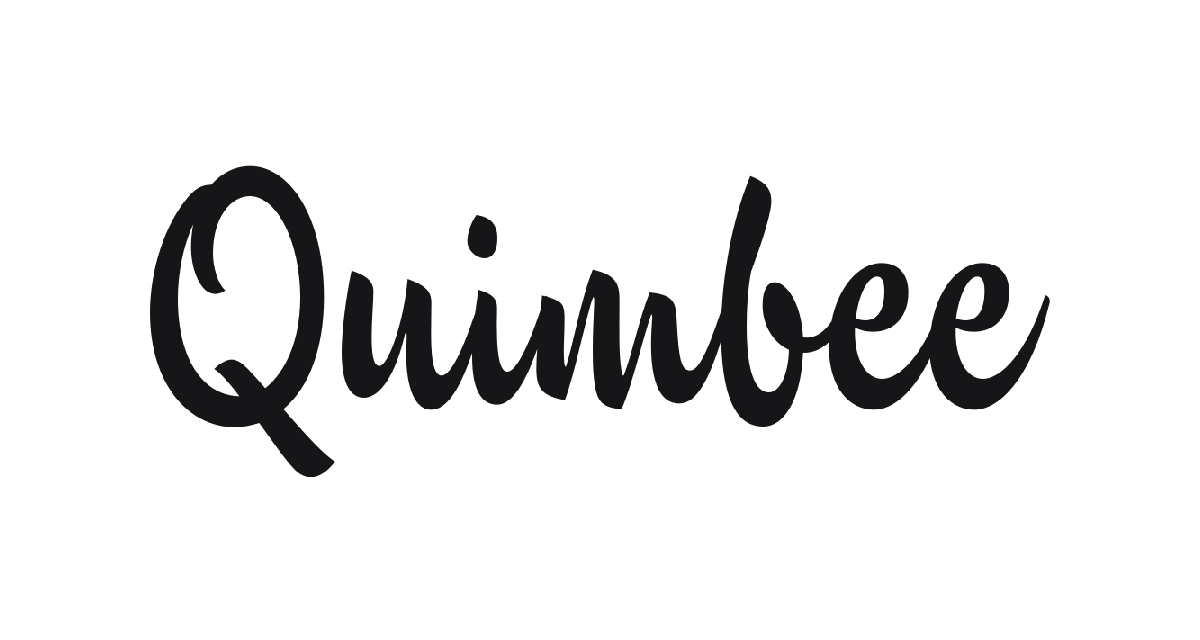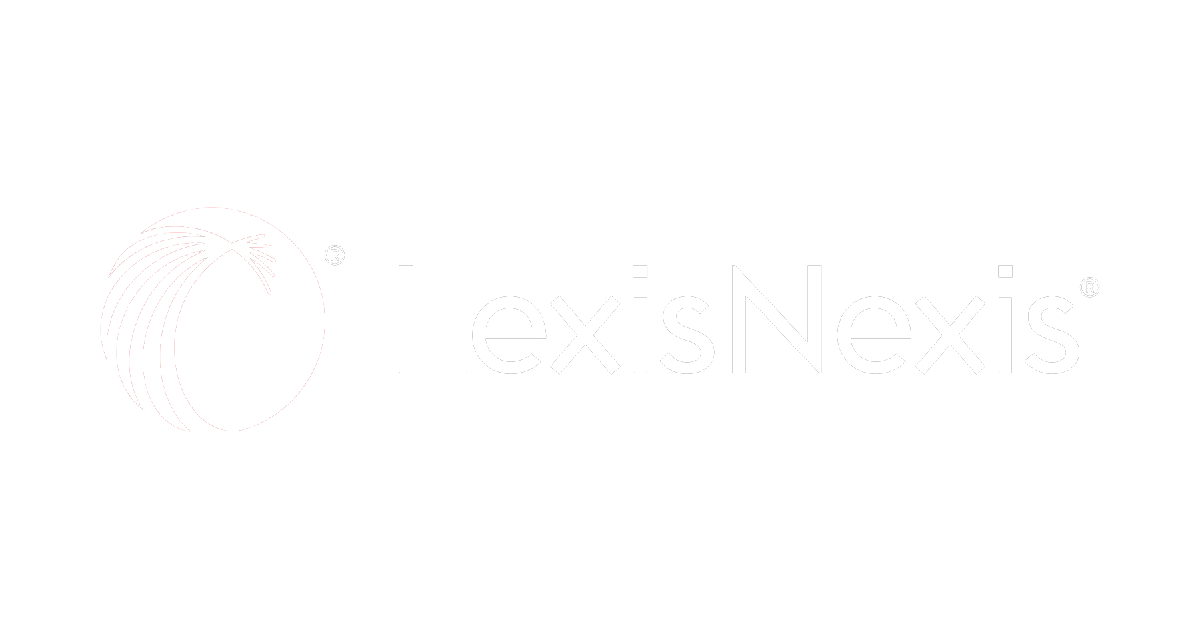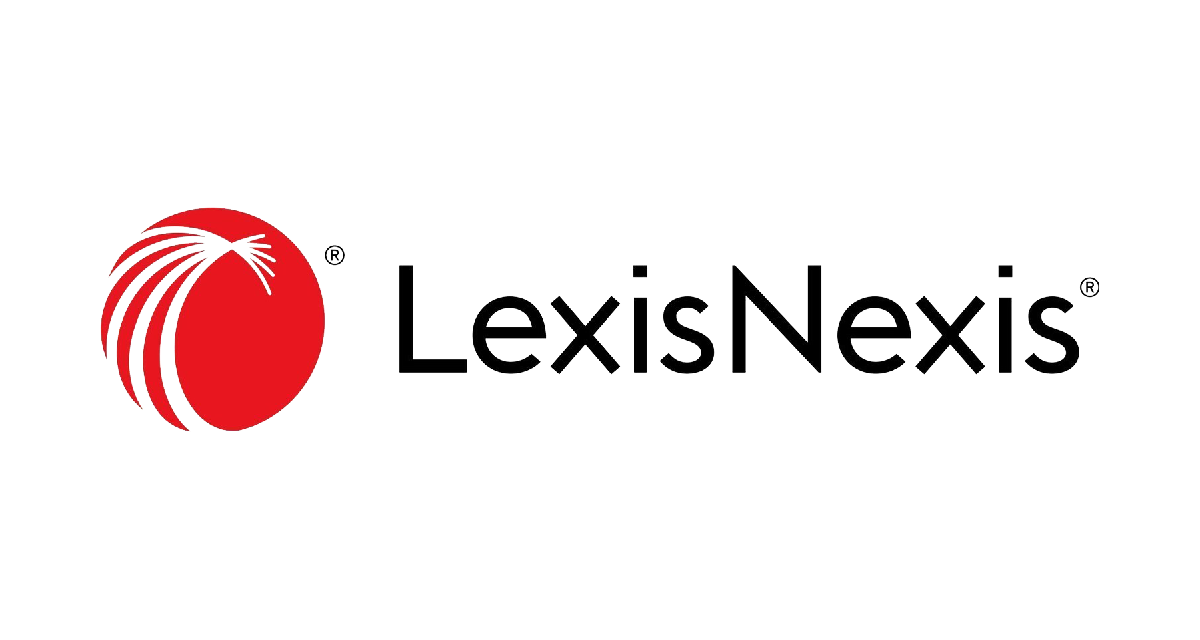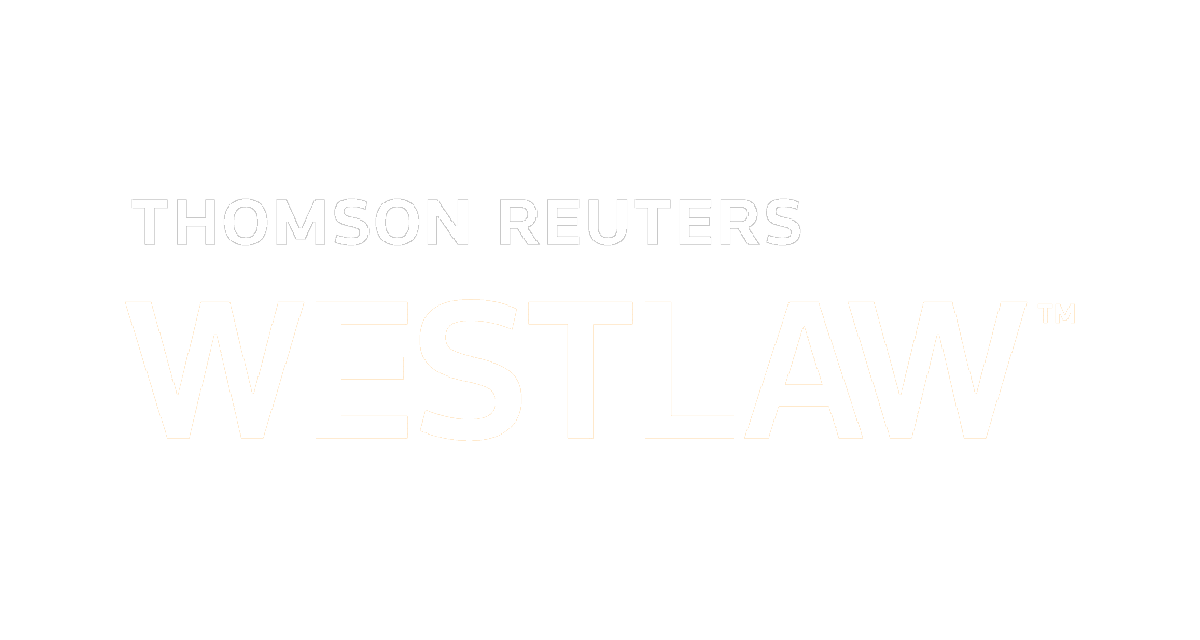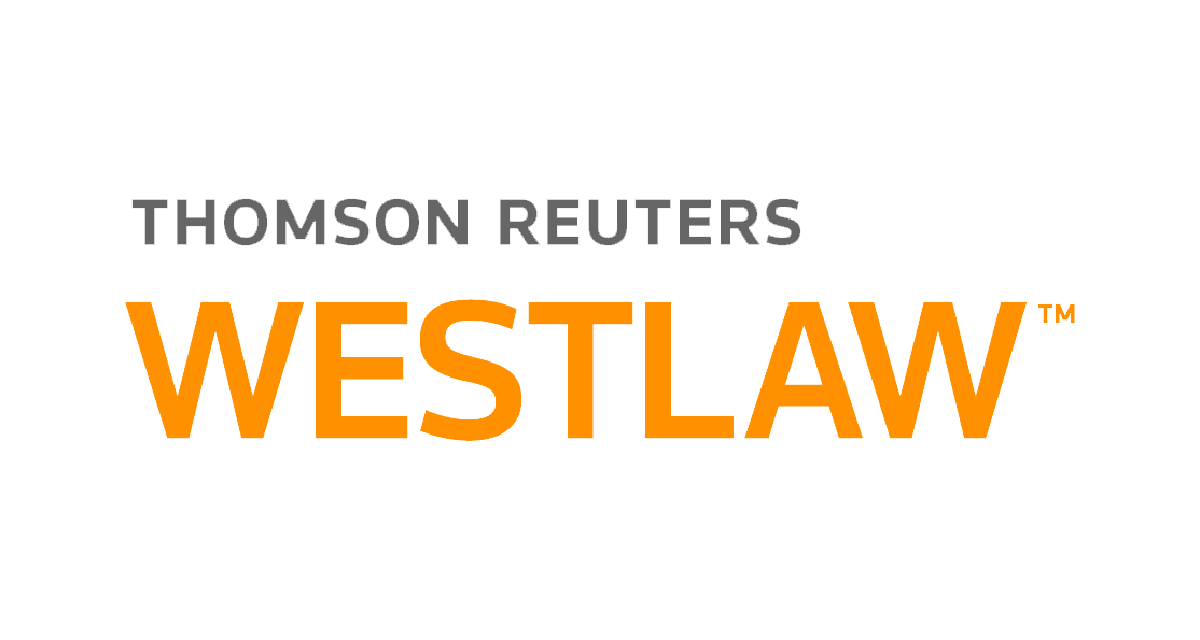Who we are
The Law Library conforms to the BYU Privacy Notice.
Our website address is: https://lawlibrary.byu.edu.
What personal data we collect and why we collect it
Comments
We do not use Comments on this site.
Accounts
If you have an account on this website, an anonymized string created from your email address (also called a hash) may be provided to the Gravatar service to see if you are using it. Gravatar images may be displayed in the administrative interface and as part of author information. The Gravatar service privacy policy is available here: https://automattic.com/privacy/.
Media
If you upload images to the website, you should avoid uploading images with embedded location data (EXIF GPS) included. Visitors to the website can download and extract any location data from images on the website.
Contact forms
Data from contact forms are collected and retained for internal use only. Your name and email address may be required for us to contact you and track resolution of your request. Any data from contact forms is used only for such responses and for internal evaluation of our own performance.
Cookies
If you have an account and you log in to this site, we will set a temporary cookie to determine if your browser accepts cookies. This cookie contains no personal data and is discarded when you close your browser.
When you log in, we will also set up several cookies to save your login information and your screen display choices. Login cookies last for two days, and screen options cookies last for a year. If you select “Remember Me”, your login will persist for two weeks. If you log out of your account, the login cookies will be removed.
If you edit or publish an article, an additional cookie will be saved in your browser. This cookie includes no personal data and simply indicates the post ID of the article you just edited. It expires after 1 day.
BYU Cookie Preferences may be removed or edited at https://infosec.byu.edu/cookie-prefs.
Embedded content from other websites
Articles on this site may include embedded content (e.g. videos, images, articles, etc.). Embedded content from other websites behaves in the exact same way as if the visitor has visited the other website.
These websites may collect data about you, use cookies, embed additional third-party tracking, and monitor your interaction with that embedded content, including tracking your interaction with the embedded content if you have an account and are logged in to that website.
Analytics
We use analytics to review website usage and performance. For this purpose, we send service providers anonymized website use data. These data do not contain personally identifying information, but may use http networking information to track repeat visits from specific IP addresses.
Who we share your data with
If you choose to use our website to access licensed subscription resources, we may send authentication credentials to the off-site content provider you choose to utilize. Content providers will follow their own privacy policies.
Our parent organization has access to our website resources and data. We do not share data with anyone outside of these circumstances.
Registration data
For users that register on our website (if any), we store the personal information they provide in their user profile. All users can see, edit, or delete their personal information at any time (except they cannot change their username). Website administrators can also see and edit that information.
What rights you have over your data
If you have an account on this site, you can ask to review your data, including any data you have provided to us. You can also request that we delete your account and erase any personal data we hold about you. This does not include any data we are obliged to keep for administrative, legal, or security purposes.
Where we send your data
We do not send your data to anyone other than under the circumstances noted above.
Your contact information
We collect contact information only for the purposes of responding to inquiries and requests and to permit authenticated access to licensed resources.

